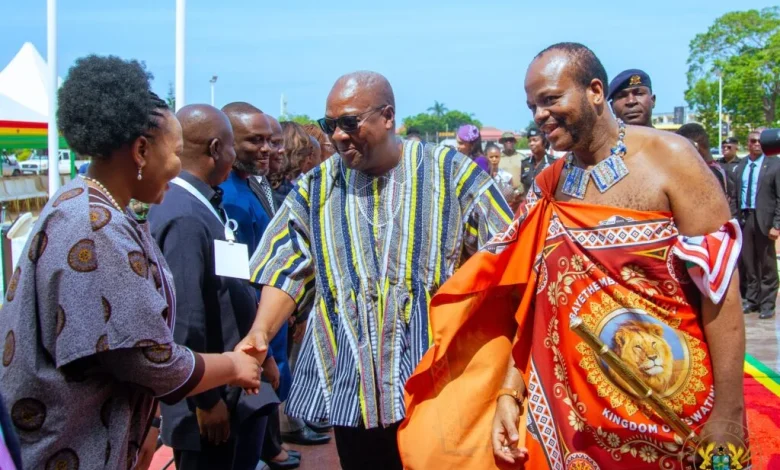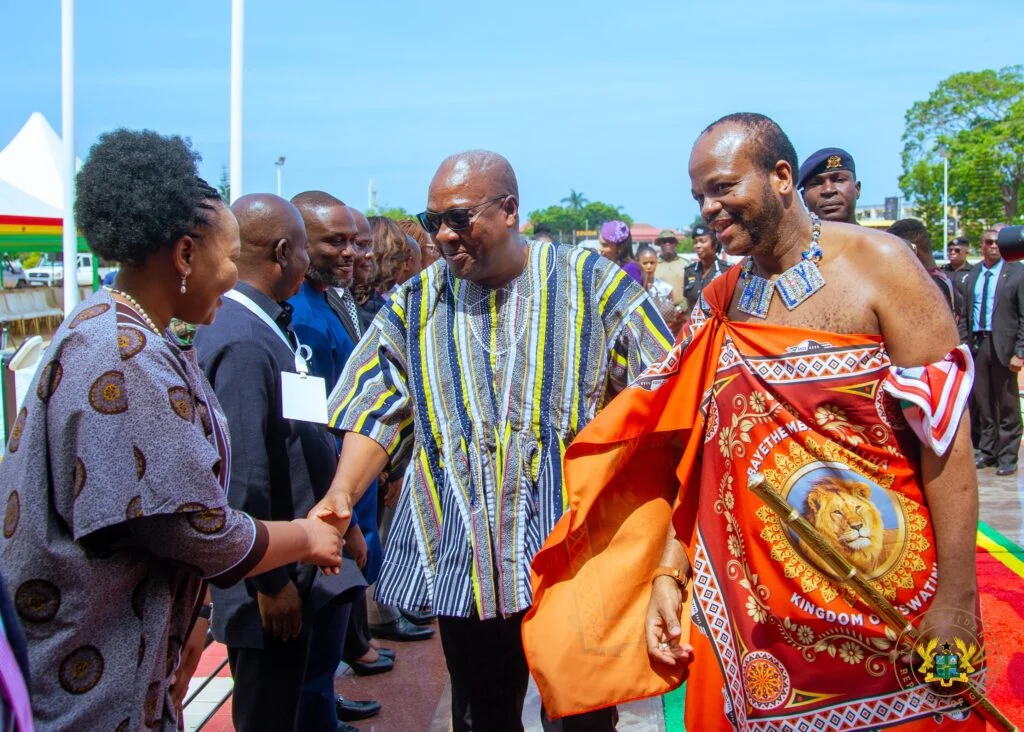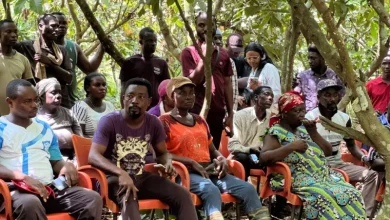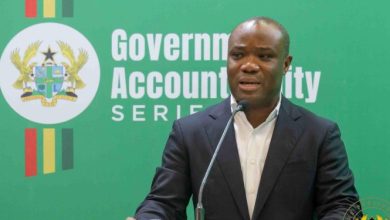Profile of the Eswatini King Mswati III

Mswati III is the King of Eswatini
The Ingwenyama of the Kingdom of Eswatini, King Mswati III (Makhosetive Dlamini), is currently in Ghana on a state visit that began on Tuesday, June 24, 2025, and is expected to conclude on Saturday, June 28, 2025.

During his visit, he is scheduled to hold bilateral discussions with President John Dramani Mahama and a high-level Ghanaian delegation.
He will also pay a courtesy call on the Asantehene, Otumfuo Osei Tutu II.
But, do you know what makes Eswatini and King Mswati III unique and, perhaps, quite popular?
According to reports, the Kingdom of Eswatini, formerly known as Swaziland, has a unique tradition where the king is allowed to marry several wives.
Born on April 19, 1968, King Mswati III rules the southern African nation and is said to have about 36 children.
He was crowned as Mswati III, Ingwenyama and King of Swaziland, on April 25, 1986, at the age of 18, becoming the youngest ruling monarch in the world at that time.
He is currently married to 15 wives who have been carefully chosen from across Eswatini’s regions, which seeks to ensure balance.
The report adds that his first two wives are selected by a special council; however, none of these two wives’ sons can rise to the position of king.
According to tradition, per the report, the king’s first wife must hail from the Matsebula clan, while the second one must be a member of the Motsa clan.
The king, thereafter, has the freedom to choose wives from the other clans. There are at least 17 founding clans in the Eswatini Kingdom.
King Mswati III also heads an absolute monarchy, as he has veto power over all branches of government and is constitutionally immune from prosecution.
With unrestricted political power and able to rule by decree, Mswati III (together with his mother, Ntfombi Tfwala, now Queen Mother [Ndlovukati]) is the last remaining absolute monarch in Africa and one of the only twelve remaining absolute national or subnational monarchs in the world.
Under his reign, political dissent and civic and labour activism are subject to harsh punishment under laws against sedition and other laws.
Political parties have been banned in Eswatini since 1973, when King Sobhuza II declared a state of emergency that remained in force until 2005, when the constitution came into effect.




